Section: Faith Doing Justice
-
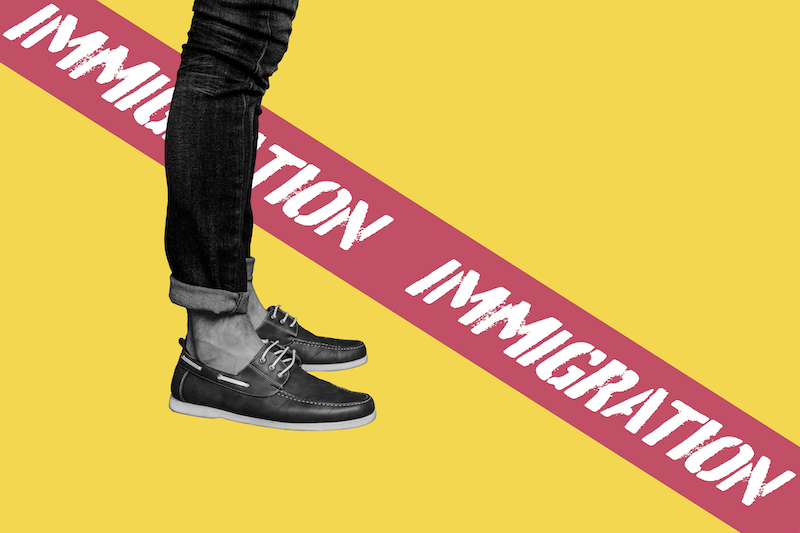
FAITH DOING JUSTICE
- Andrew Hamilton
- 23 September 2024
1 Comment
In prosperous times many people in developed nations are sympathetic to refugees and migrants and welcome them into their own societies. In hard times, however, xenophobia spreads.
READ MORE
-
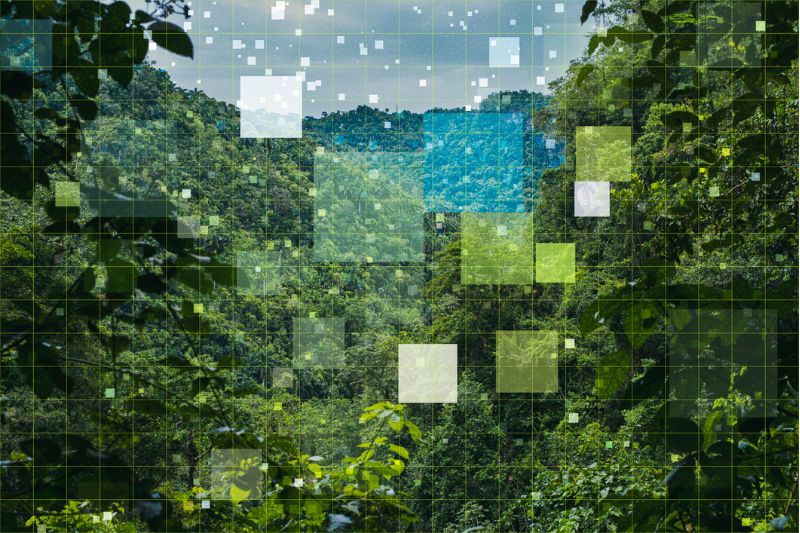
FAITH DOING JUSTICE
- Andrew Hamilton
- 31 August 2023
3 Comments
The immediacy of the climate crisis and the paradigm shift ushered in by Artificial Intelligence are reshaping our world, leaving the marginalised bearing the brunt. As technological advancements raise complex ethical questions, what does it mean to be socially accountable in an age where the lines between reality and illusion grow ever thinner?
READ MORE
-
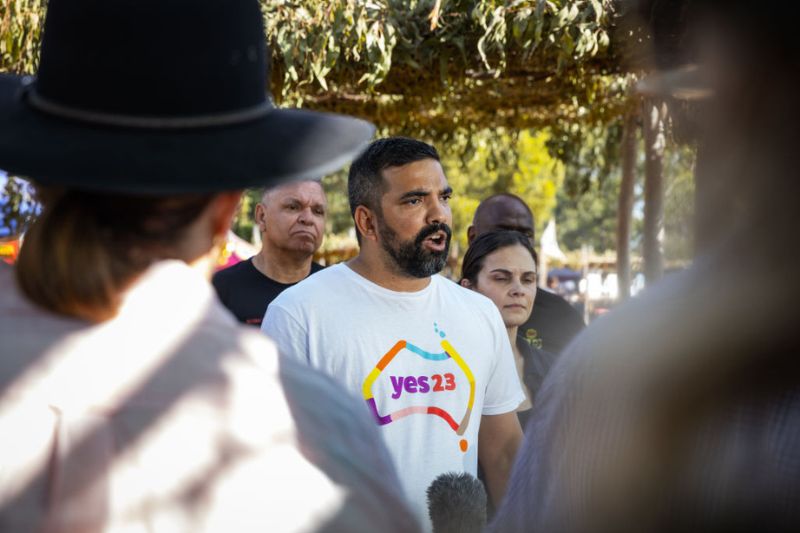
FAITH DOING JUSTICE
- Andrew Hamilton
- 21 August 2023
10 Comments
The Catholic Bishops Justice Statement, timed with an impending Referendum on the Voice to Parliament, scrutinizes the ties between Aboriginal and Torres Strait Islander peoples and other Australians. Crafted alongside the National Aboriginal and Torres Strait Islander Catholic Council, it underscores the urgency of deepened engagement through listening, learning, and love, advocating for Indigenous justice and healing.
READ MORE
-
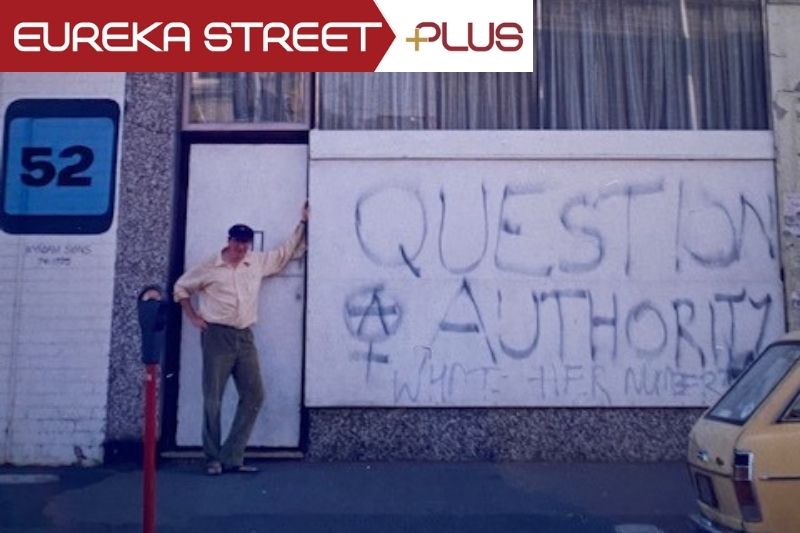
FAITH DOING JUSTICE
- Michael McGirr
- 09 September 2022
5 Comments
The Way had been a community of homeless people, built around difficult but wonderful characters. It taught me more than I can easily say. It was a world where things were not always as they seemed and people did not fit into little boxes. We had many challenging days and relationships with our guys were seldom easy, but there was an energy that found light in unexpected places.
READ MORE 
-
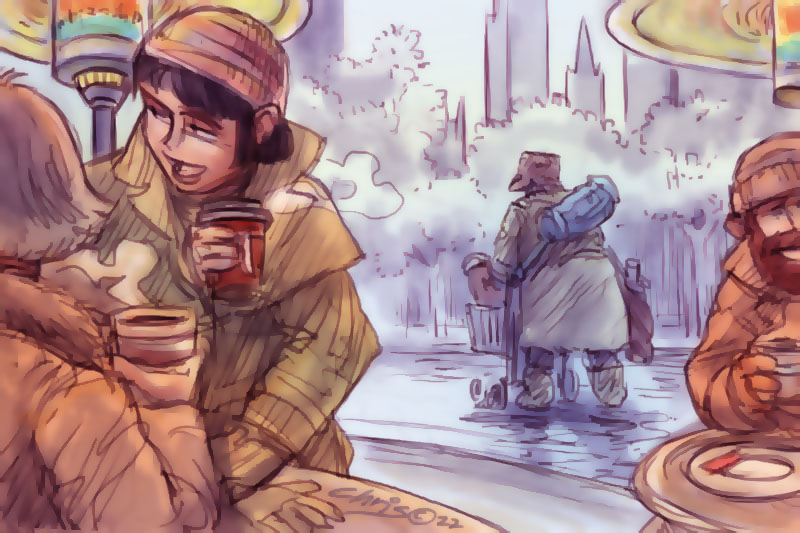
FAITH DOING JUSTICE
- Barry Gittins
- 07 June 2022
4 Comments
There’s nothing wrong with us enjoying a quiet breakfast and admiring the beauty of a winter city steeped in recovery. If we can’t also see the people sleeping on cold concrete, or sitting half-dressed, with no hope, peering through unfocused eyes, then we’re not getting the whole picture.
READ MORE 
-
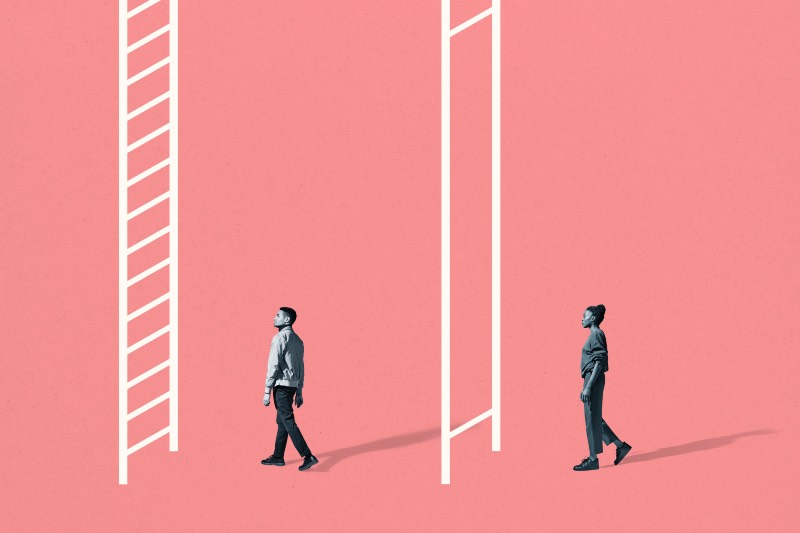
FAITH DOING JUSTICE
- Andrew Hamilton
- 11 January 2022
3 Comments
The debate about quotas based on gender has been well canvassed. The wider issues raised about merit and meritocracy, however, merit further reflection. Far in the background to both conversations lies a sophisticated body of reflection on merit among Christian theologians.
READ MORE
-
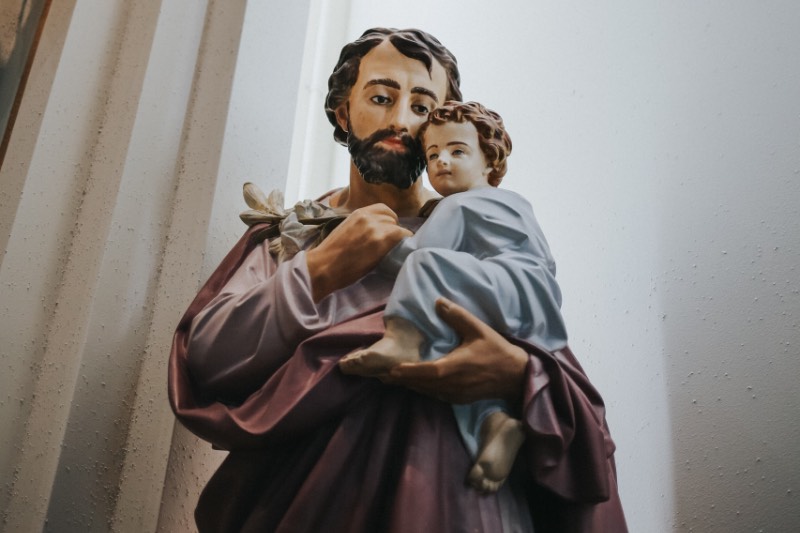
FAITH DOING JUSTICE
- Mike Kelly
- 04 January 2022
2 Comments
There are many gems and reflections on ‘fathering’ in Pope Francis’s apostolic letter, Patris Corde ‘With a Father’s Heart’, in which he nominates 2021 as the year to honour the fatherhood of St Joseph. Francis’s letter is inclusive, encompassing the scope of fatherhood and the responsibilities fathering entails. ‘Fathers are not born, but made’, Francis says.
READ MORE
-
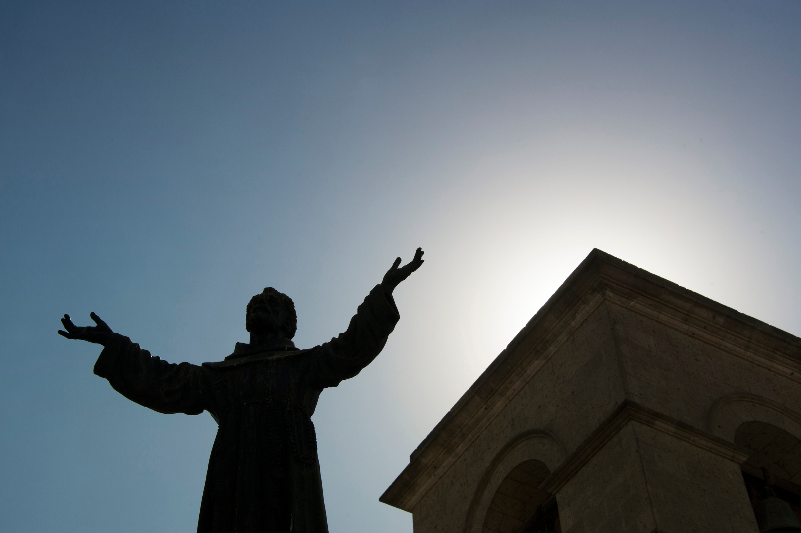
FAITH DOING JUSTICE
- Andrew Hamilton
- 29 September 2021
7 Comments
In the Catholic calendar the Feast of St Francis of Assisi falls on next Tuesday. Although he gave up on wealth, power and influence Francis probably had a bigger effect on his world than any of his contemporaries. He continues to attract people to challenge the values of our society and to spark renewal in Christian institutions at the risk of going stale.
READ MORE 
-
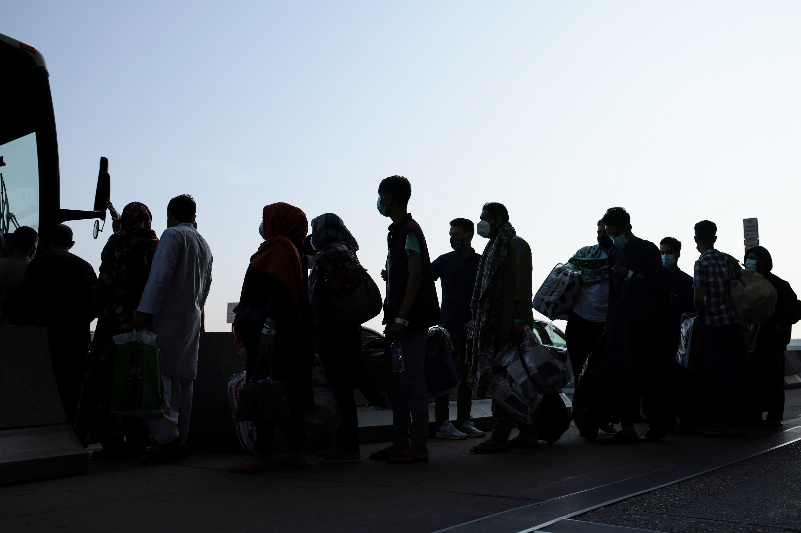
FAITH DOING JUSTICE
- Vincent Long Van Nguyen
- 30 August 2021
9 Comments
I was one of the boat people who escaped from South Vietnam. The escape happened after South Vietnam had fallen to the Vietnamese communist forces in 1975, and my world descended into total chaos with an international embargo, wars against China and Cambodia, forced collectivisation and the insidious spread of what were termed “re-education camps” - but were really communist gulags. My siblings and I grew up in a world of poverty, isolation, oppression and constant fear of what might happen to us or our loved ones.
READ MORE 
-
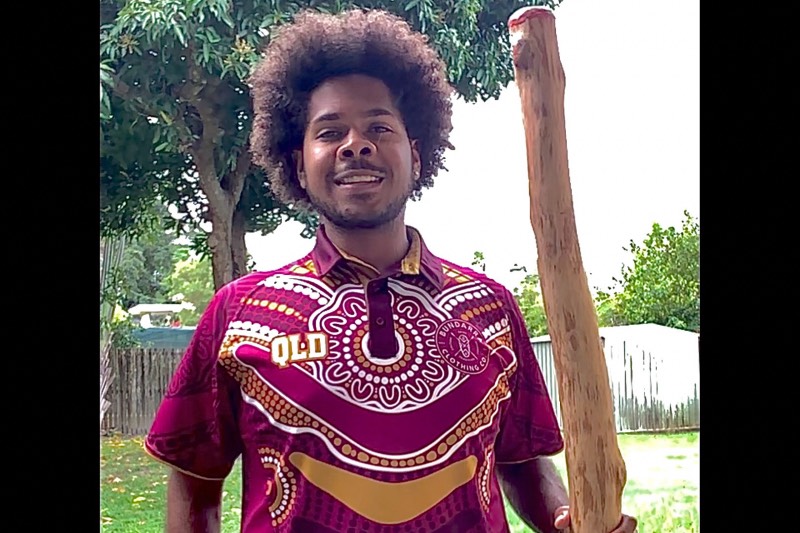
FAITH DOING JUSTICE
The question of reconciliation in the Church is particularly pressing, given 2021 marks the 250th anniversary of the arrival of Christianity in Australia, and the 150th anniversary of the arrival of Christianity to the Torres Strait. Yet many First Australians recognise that the Spirit of God was poured out onto the original inhabitants of this great Southern Land many, many thousands of years prior.
READ MORE 
-
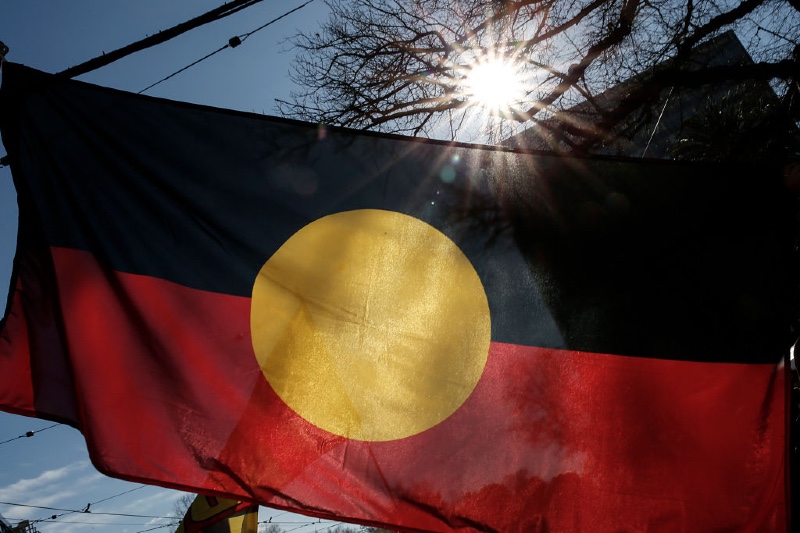
FAITH DOING JUSTICE
But it is possible the members of the Plenary could begin to hear a deeper voice speaking in their hearts. There may arise a new courage to start a process of truth and reconciliation, reporting the process of this journey to the second Plenary Council planned for Sydney, July 2022. We can only begin that journey if members of the Plenary Council come and are open to listening to that deep inner voice.
READ MORE
-
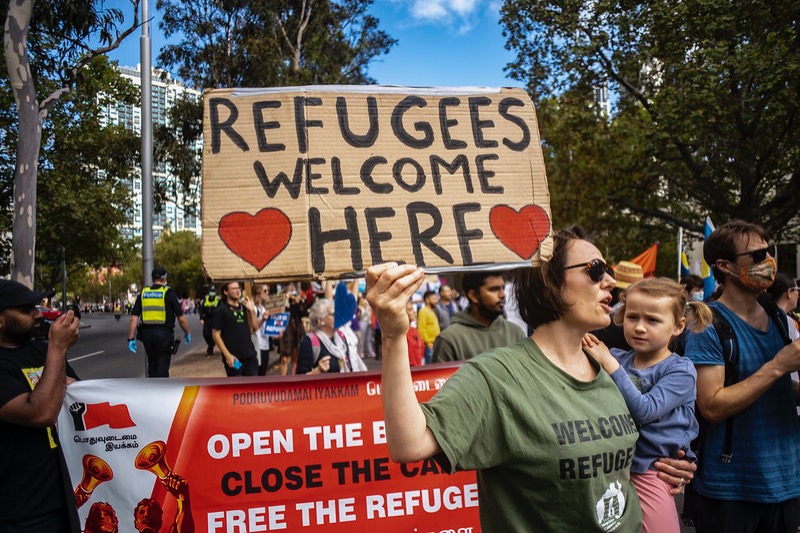
FAITH DOING JUSTICE
- Vincent Long Van Nguyen
- 24 June 2021
15 Comments
With the average length of detention in Australia now at an historic high, it is timely to review how immigration detention is used. It should be a last resort that is used for the shortest practicable time so that people who pose little risk to the community are not unnecessarily deprived of their liberty, and that they are able to contribute to the community.
READ MORE 